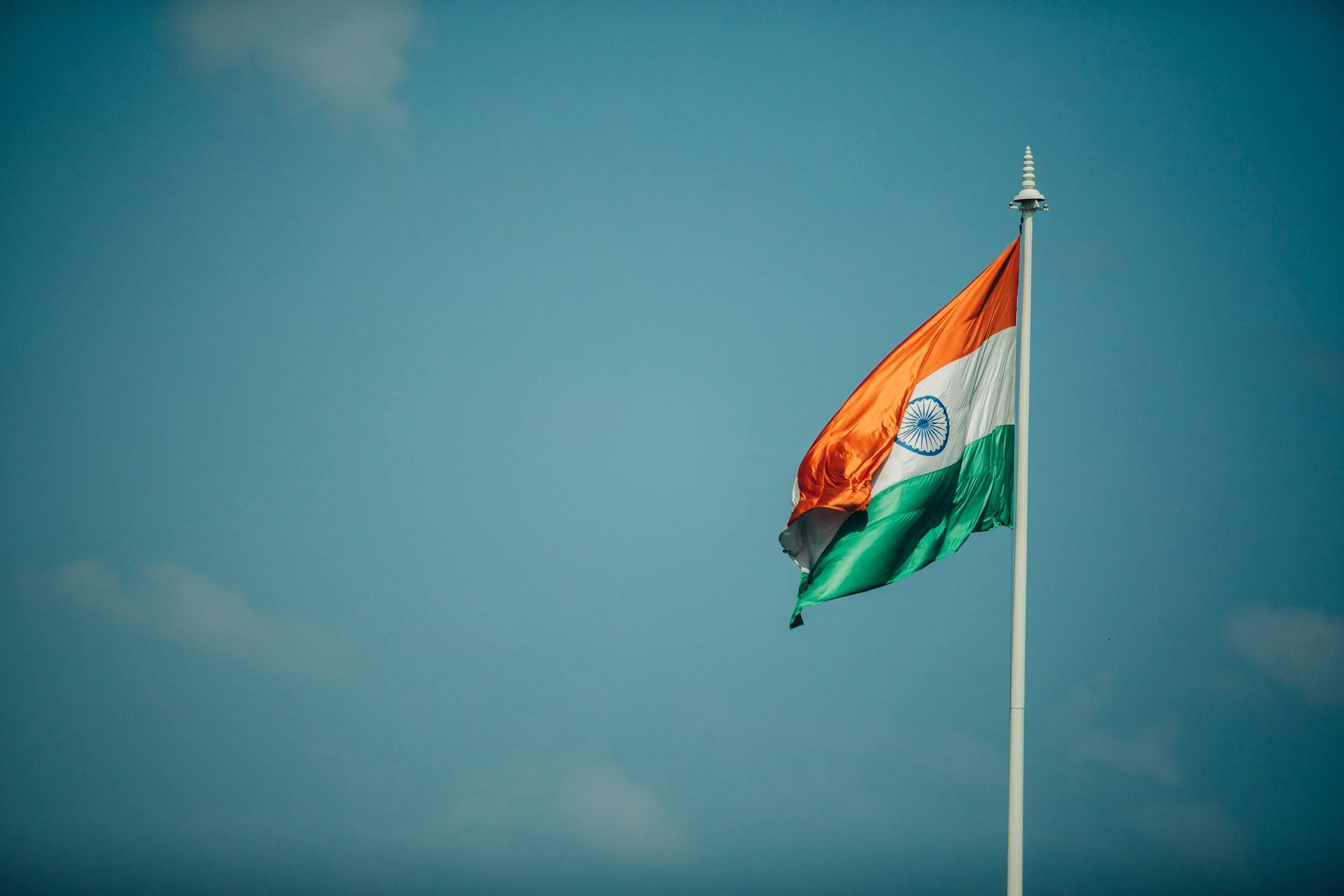
Research Papers

International Recognition of Indian Professional Qualifications
Limited recognition of professional qualifications overseas is a persistent challenge faced by Indian professionals in fields like healthcare, engineering, Information Technology, accounting and education. To be able to practice in countries such as U.S., Canada, U.K., Australia, Europe and Singapore – where Indian professionals migrate in large numbers every year – they may have to enrol and graduate in local courses, with limited weight given to their Indian qualifications. This costs them effort and money; the host country too is able to benefit from their skills only after they complete their local education – a situation that disadvantages both.

Internal Security Challenges in India
India today is poised on the cusp of Great Power status. But while India’s power, influence, and international reputation are on an upward swing, domestically the country is grappling with a plethora of security challenges, which stem from India’s immense population, vitriolic politics, and complex ethnic diversity.

India’s Ascendance – A Global Space Power
India has rapidly grown as a leading space power over the past two decades through the Indian Space Research Organisation (ISRO) and an expanding private sector. With plans to increase its share of the global space economy to $47.3 billion by 2032, India is opening new opportunities by allowing 100% foreign direct investment in satellite manufacturing and easing regulations for launch vehicles.

India’s Foreign Investment Journey – Successes and Opportunities
Australia and India signed an economic cooperation agreement in 2022. Although a large market and fast-growing economy, India still receives lesser foreign investment than it should for a country and economy its size. Among the reasons are tax laws that don’t give investors as much transparency as they’d like, and a lack of practical skills among Indian graduates. The Indian government has identified these and other challenges investors face, and has commenced addressing them systemically.

India’s Shifting Balance of Interests Vis-à-vis Russia
Outsiders often fail to understand what drives democratic India’s intimate ties with authoritarian Russia because they don’t see the world as viewed through Indian eyes and minds. Since Russia’s invasion of Ukraine in 2022, India’s stance has both puzzled and irritated Western friends and commentators but is consistent with the trajectory of India’s foreign policy that seeks to balance a range of interests and principles in bilateral relations and multilateral forums. The US is India’s single most important global partner and there is a broad national consensus underpinning that. Yet it is also in India’s interest to remain engaged with other non-Western countries and groupings in pursuit of strategic autonomy.

The Weaponization of Caste in America
A coalition of Muslim, Sikh, and Dalit civil society organizations is campaigning for laws to explicitly ban caste-based discrimination in the United States. These campaigns have been used to generate publicity that inappropriately links discrimination with Hindus and the Hindu faith, turning caste into a weapon in a South Asian diaspora culture war.

Understanding Aadhaar: India's National Identification Initiative
The Aadhaar ('Foundation') number is India's national identification system and the world's largest national biometric ID card initiative, with nearly 1.377 billion unique ID numbers issued as of mid-2023. The introduction of Aadhaar has transformed India's Public Distribution System (PDS) into a much more efficient, transparent and reliable welfare system.

Inside the V-Dem Rankings
The Varieties of Democracy Institute (V-Dem) incorrectly categorizes India as an "electoral autocracy." The problems with V-Dem do not derive from its statistical methodology, but from its idiosyncratic choice of indicators, inexplicable scaling decisions, and vulnerability to expert biases. In short, the problem isn't in the models; it's in the data. Or as the computer scientists say, "garbage in, garbage out."